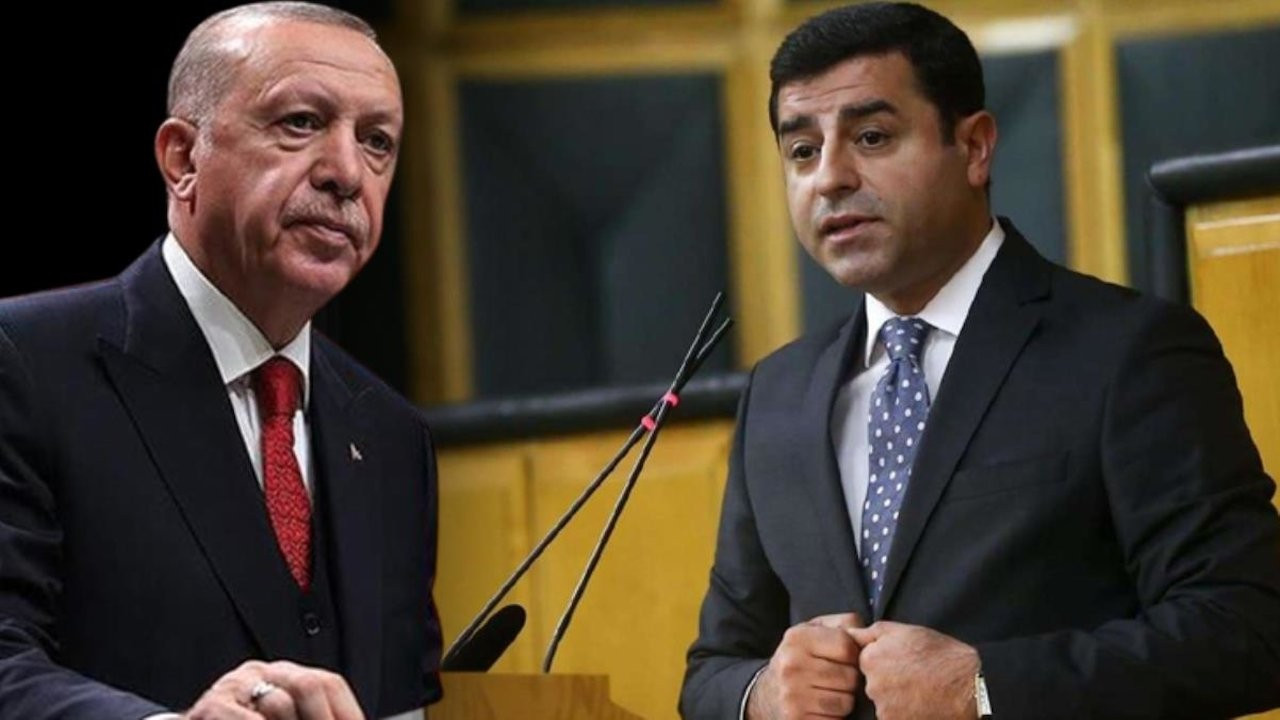Investment return to Turkey 'questionable' despite reform promises
'Unorthodox' amendments to the laws and regulations relating to the financial sector and scientifically implausible data regarding the pandemic are deterring foreign investors, says lawyer and economic expert Hakan Yazıcı.
K. Murat Yıldız / Duvar English
Since the resignation of Finance Minister Berat Albayrak and the appointment of a new raft of monetary policymakers along with President Recep Tayyip Erdoğan’s promises of a new era of economic and judicial reforms to revive the economy, the focus has largely been on Turkish bonds and the stock market. Yet, the question of whether major foreign investors will return to Turkey still remains unanswered.
“It is difficult to make a meaningful assumption as to when foreign investors will again start to make strategic investments in Turkey. It is, however, less difficult to predict that foreign investors will not start investing in Turkey at levels anywhere close to that which we saw between 2005-2015 in the near future,” Hakan Yazıcı a prominent lawyer whose expertise is in project finance, mergers and acquisitions, capital markets, commercial, contract, and corporate law, told Duvar English.
Yazıcı lists several reasons for the loss of foreign investment appetite in Turkey and notes that the country has not been able to replace Mehmet Şimşek, the former Finance Minister who was respected by foreign investors, with an alternative of a similar caliber and stresses the negative impact of the attempted coup in 2016.
Doubt in rule of law deters foreign investors
“The investment appetite of strategic foreign investors started to decline much before that. Doubts about Turkey's rule of law have been important deterrents for investors and a no-starter for strategic ones,”
“Amendments to the Turkish Constitution starting in 2010 aimed at restructuring Turkey's higher court system made it possible for the government to control the judiciary and get favorable rulings. This was the first major sign that the government would not hesitate to circumvent the separation of powers and the actual principles and purposes of laws and the constitution to get what it wants. I believe the danger at the time was overlooked not only by foreign investors but also by the Turkish people,” Yazıcı stated.
According to Yazıcı, what has pushed foreign investors away from Turkey the most has been the “significant and unexpected tax increases in recently privatized sectors, the unexpected creation of government-owned competitors to recently privatized companies, the introduction of legislation favoring government-owned companies, and pressure from the government for the private sector to act in a certain way."
These developments have produced unfair competition among Turkish companies and made it more difficult to act according to free market rules and regulations.
'Turkey was already not doing well'
Corruption among the top levels of government and their immediate family members, which has gone unchecked and unpunished has also been noticed by foreign investors Yazıcı added.
Turkey was already not doing well with strategic foreign investment before the pandemic, says Yazıcı, adding that, “Unfortunately, we continue to do things which deteriorate the trust of foreign investors via 'unorthodox' changes to our laws and regulations relating to the financial sector and announcing scientifically implausible data regarding the pandemic, which only adds to the negative perception of foreign investors.”
He concluded by saying, “Maybe it is about time we stop focusing on 'what we should be doing' rather than 'what we should not be doing.' I would start with 'not lying' and 'not using the legal system as a means-to-an-end' which results in our rule of law being questioned."
Things that people, markets want to hear
Echoing Yazıcı, economist Evren Deniz Zelyut told Duvar English that the recent rhetoric of economic and judicial reforms is just "lip service."
“They just say things that people and the markets want to hear. They talk about reforms to manage perceptions. Promises of reform alone will not save Turkey from the economic problems we are facing.”
Zelyut concluded by pointing out the negative implications of the government's strategy saying, “It not only tries to manipulate perceptions domestically and internationally with questionable economic data, such as inflation and unemployment rates, but the government is also releasing fake statistics regarding the pandemic, which is endangering public health and further alienating foreign investors."

 Erdoğan says ECHR's ruling for Selahattin Demirtaş's immediate release isn't binding for TurkeyPolitics
Erdoğan says ECHR's ruling for Selahattin Demirtaş's immediate release isn't binding for TurkeyPolitics Turkey sentences exiled journalist Can Dündar to 27 years in prison in Syria-bound intel trucks casePolitics
Turkey sentences exiled journalist Can Dündar to 27 years in prison in Syria-bound intel trucks casePolitics Turkish gov't continuing to repress civil society under pretext of COVID-19Human Rights
Turkish gov't continuing to repress civil society under pretext of COVID-19Human Rights